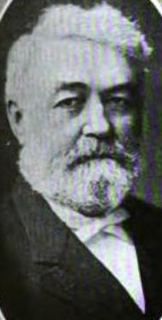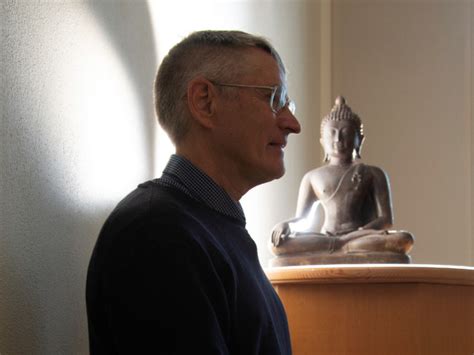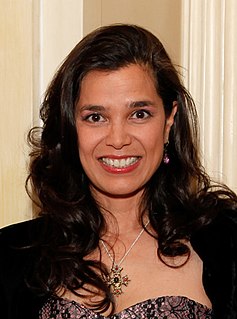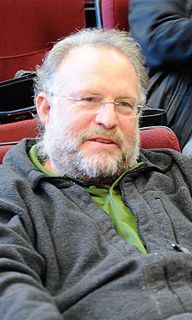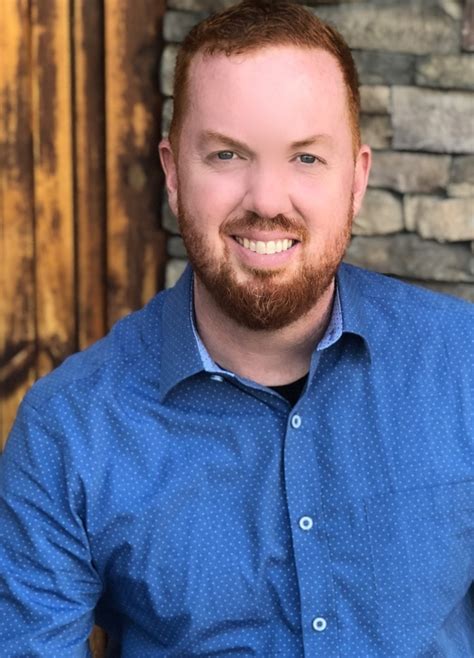A Quote by Paul Keating
A familiar question for Australians is how much we are a product of our circumstances, and how much we are what we have made ourselves to be. In truth, by the act of migration the country was made: by that voluntary act and by the emigrants' ambitions it was built.
Related Quotes
Maybe the truth does not matter, but I want to know it if only so that I can come to some conclusions about such questions as: whether he is angry with me or not; if he is, then how angry; whether he still loves me or not; if he does, then how much; whether he loves me or not; how much; how capable he is of deceiving me in the act and after the act in the telling.
September 11 either made me love this country or it made me realize how much I already did. I think it's the latter. Seeing "Fahrenheit 9/11" made me think deeply about love of country - how it molds us, drives and emboldens us and how it can sometimes make us so angry, we want to shout out to the world: 'No, this is wrong.'
As far as leadership goes, it's important to know that we don't have to act like men to be leaders. Since men have been all we have had to look to as examples of leaders, that's how we think we have to act. But generally that's not how we have to act. We just have to act like ourselves. We do have to maintain a collaborative spirit. Also, at the end of the day you do have to step into your own power and say, "Okay, I've listened to all of these different opinions, advice, and so forth, but I am deciding this and this is how we are going to go."
Science tries to answer the question: "How?" How do cells act in the body? How do you design an airplane that will fly faster thansound? How is a molecule of insulin constructed? Religion, by contrast, tries to answer the question: "Why?" Why was man created? Why ought I to tell the truth? Why must there be sorrow or pain or death? Science attempts to analyze how things and people and animals behave; it has no concern whether this behavior is good or bad, is purposeful or not. But religion is precisely the quest for such answers: whether an act is right or wrong, good or bad, and why.
Why does a woman carry a gun? Because, under our system, every citizen has the latitude to act in the absence of police; the latitude to act reasonably, to act immediately, to act in defense of self, to act in defense of another, to act with lethal force, to act with her acquired training and to act not in anger but to respond in purpose. To exercise the protections of that latitude in public policy, public interest and practical safety, all that is demanded of her is that she act reasonably under the circumstances.

